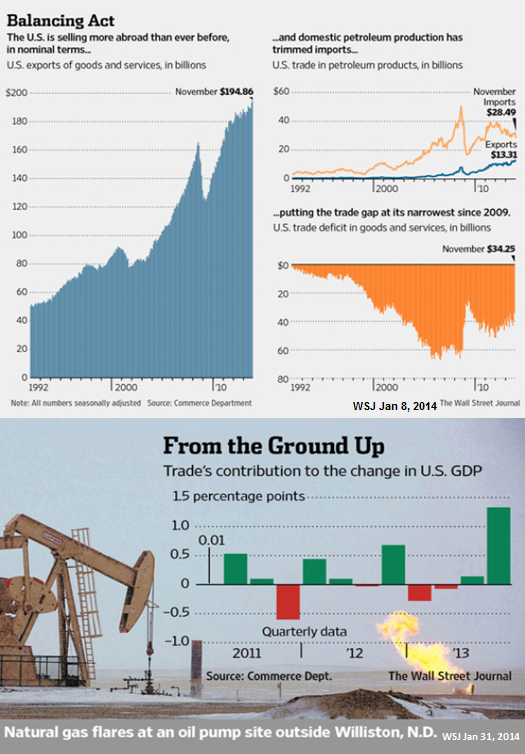Is 70cent dollar call a loonie tune The Globe and Mail
Post on: 5 Июль, 2015 No Comment

Every day ROB Insight delivers exclusive analysis on breaking business news and market-moving events. Streetwise offers news and analysis on Bay Street and the world of finance. Insight the Market delivers up-to-the-minute insights on developing market news.
Steve Podborski, right, Chef de Mission for Canada at the 2014 Winter Olympics, inspects the newly unveiled ‘Lucky Loonie’ during a send-off party for Canada’s Sochi bound Olympic athletes in Banff, Alta. Saturday, Jan. 11, 2014. The Canadian Press
Market View
Wither the loonie?
Last April The Globe and Mail profiled a San Francisco hedge fund manager betting heavily against Canada who insisted the loonie’s value would tumble and Canadian bank shares would fall. So far, he’s been right about the dollar, although bank stocks are doing just fine. In ROB Insight, Sean Silcoff catches up with him again to see if he’s changed his tune. The short answer is no, and in fact Vijai Mohan of Hyphen Partners thinks the worst is yet to come for the beleaguered loonie, predicting a “70-cent Canadian dollar is possible, if not worse,” in five years’ time.
Hey, budget balancers, sharpen your pencils
Some take issue with Ottawa’s determination to balance the budget during tough economic times, but a C.D. Howe study takes issue on a different point: that the claim the budget will be balanced by 2015 involves some bookkeeping that simply doesn’t stand up to close scrutiny, David Parkinson writes in ROB Insight. The government’s assumptions about investment returns to fund its obligations on pensions and retirement benefits for federal employees are, the think tank says, unrealistic and grossly underestimate their true costs. In fact, if “fair value” accounting was used to tally the numbers, Ottawa’s deficit would be on average $13.7-billion higher each of the past five fiscal years, although better returns in the past year have made the picture a little less bleak.
Ain’t no sunshine for RBC in Caribbean
Royal Bank of Canada has booked a loss after selling its Jamaican bank but says it remains committed to the region. With Caribbean operations accounting for a minuscule amount of the $31-billion bank’s business, it’s hard to understand why they even bother, Boyd Erman writes in Streetwise. The economy in the region has suffered, and while there are signs it may be turning around, RBC may be tempted to just stick to its wealth management business there and exit retail if the right offer comes along.
Why banks are bulking up on branches
In a digital age, more and more Canadians are abandoning bricks-and-mortar bank branches in favour of the convenience of online banking from home. And with news this week that Britain’s Barclays could shutter up to 400 branches, you’d think the Canadian banks would be thinking along the same lines. But not so, writes Tim Kiladze in Streetwise. The Big Six have all been increasing their footprints because of the enduring appeal of the local bank, not just among its less-digital-savvy older customers, but also with the all-important 18-to-30-year-old demographic. Seems that for the more important money management decisions – mortgages, RRSPs, investments and the like – customers value face-to-face contact, and one survey said the proximity of branches to their home is a major factor for people when choosing a bank.
Canadian equity holders should go south
The performance of the MSCI Emerging Markets index and the TSX composite clearly show how Canadian stocks are tied to what’s going on in emerging markets, as Scott Barlow explains in Inside the Market. And lately, what’s been going on there isn’t pretty, which is why holders of Canadian equities need to shift the weighting of their portfolios stateside to avoid significant underperformance.
A revealing look at U.S. mutual fund holdings
Those who figure institutional money managers represent the smart money will be keen to take a look at the latest report detailing the holdings of 642 mutual funds. Investors wanting to keep a step ahead of the rest of the pack will want to take note of some interesting trends, writes David Berman in Inside the Market. Among the more surprising findings was that tech darling Apple is being shunned by core funds and growth funds – but hasn’t yet been embraced by value funds.














